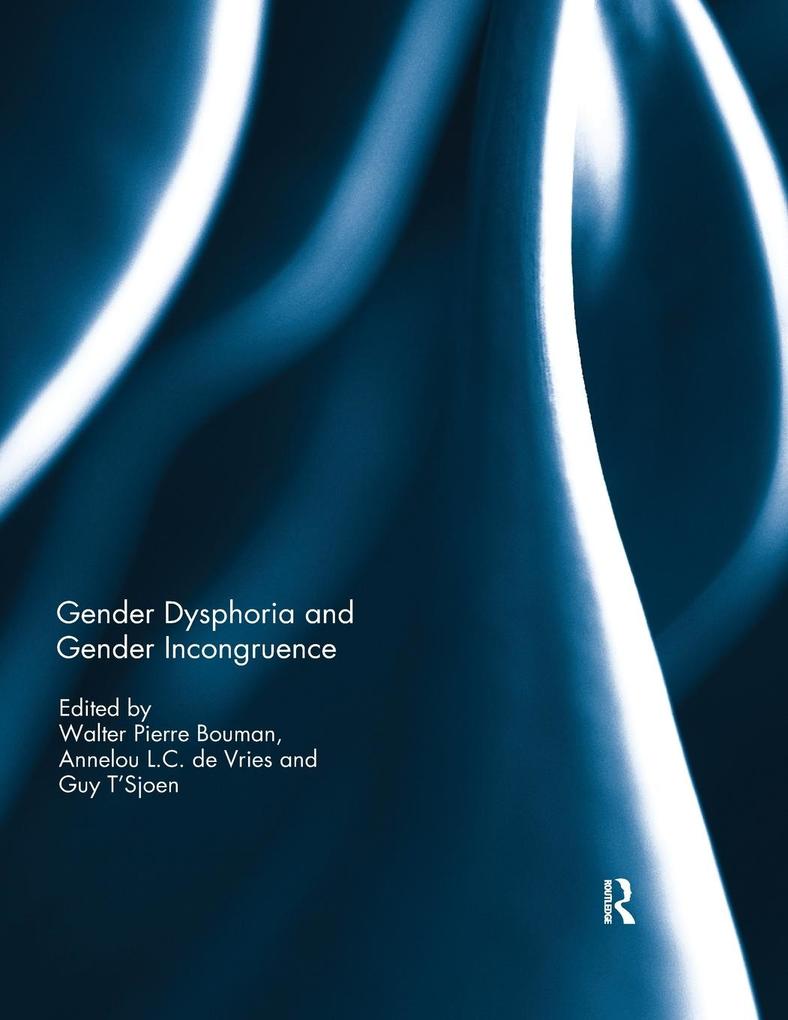
Zustellung: Di, 17.06. - Fr, 20.06.
Versand in 6 Tagen
VersandkostenfreiBestellen & in Filiale abholen:
There is a significant increase in people who self-diagnose as having gender dysphoria and gender incongruence. The number of people with gender dysphoria and gender incongruence who seek assessment, support and treatment at gender identity clinic services has increased substantially over the years globally, and in Europe, North America and Australia in particular. Many countries lack appropriate transgender healthcare services. People with gender dysphoria and/or gender incongruence are often victimized and discriminated against. This book gives an overview regarding mental health and quality of life issues across the life span within the evolving interdisciplinary field of transgender healthcare. The book is written for professionals who in their day-to-day job may encounter people with gender dysphoria and gender incongruence; and for students, teachers, educators, academics, and members of the public at large with an interest in this timely topic.
This book was originally published as a special issue of the International Review of Psychiatry.
This book was originally published as a special issue of the International Review of Psychiatry.
Inhaltsverzeichnis
Introduction: Gender Dysphoria and Gender Incongruence: An evolving inter-disciplinary field 1. Gender incongruence/gender dysphoria and its classification history 2. Gender dysphoria in childhood 3. Gender dysphoria in adolescence 4. Families in transition: A literature review 5. Mental health and gender dysphoria: A review of the literature 6. Non-suicidal self-injury and suicidality in trans people: A systematic review of the literature 7. Gender dysphoria and autism spectrum disorder: A narrative review 8. Body dissatisfaction and disordered eating in trans people: A systematic review of the literature 9. Non-binary or genderqueer genders 10. Sexual orientation of trans adults is not linked to outcome of transition-related health care, but worth asking 11. Fertility options in transgender people 12. Neuroimaging studies in people with gender incongruence
Produktdetails
Erscheinungsdatum
10. Januar 2019
Sprache
englisch
Seitenanzahl
144
Herausgegeben von
Walter Pierre Bouman, Annelou LC de Vries, Guy T'Sjoen
Verlag/Hersteller
Produktart
kartoniert
Gewicht
382 g
Größe (L/B/H)
280/216/8 mm
ISBN
9780367028916
Entdecken Sie mehr
Bewertungen
0 Bewertungen
Es wurden noch keine Bewertungen abgegeben. Schreiben Sie die erste Bewertung zu "Gender Dysphoria and Gender Incongruence" und helfen Sie damit anderen bei der Kaufentscheidung.










